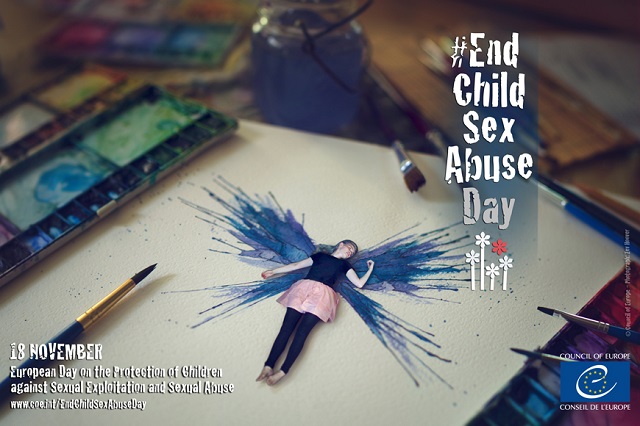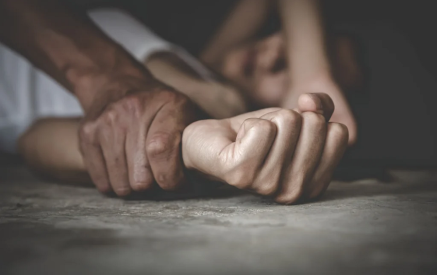Ahead of the European Day on the Protection of Children against Sexual Exploitation and Sexual Abuse marked on 18 November, the Council of Europe has held a webinar on how risks associated with sexual images and videos self-generated by children can be prevented and mitigated through comprehensive educational measures.
The event reflects the key theme of this year’s European Day, “Preventing risky behaviour by children: child self-generated sexual images and/or videos”.The ever-increasing use of information and communication technologies undoubtedly brings new opportunities for children regarding education, leisure and the development of interpersonal skills. However, new ICT tools also increase the risk of online sexual exploitation and abuse of children. This is especially true when children share self-generated sexual images/videos with their peers and other persons. It is of utmost importance that such content does not fall into the wrong hands and is not exploited by sexual offenders.
One of the keynote speakers, Christel De Craim, Chairperson of the Lanzarote Committee, the body in charge of monitoring the Council of Europe’s Lanzarote Convention, has stressed that as a result of the COVID-19 related confinement measures, children are increasingly online and dependent on social media to express their feelings, including in a relational or sexual context. Unfortunately, by doing so children are likely to be groomed online and become victims of cyber-bullying, sexual extortion or other forms of sexual exploitation. Education is therefore a key element in alerting children to the risks they face when generating and sharing sexual images and/or videos of themselves, she underlined.
The event has been held under the Greek Chairmanship of the Committee of Ministers of the Council of Europe, in the framework of the Council of Europe EndOCSEA@Europe project aimed at preventing and combating Online Child Sexual Exploitation and Abuse in light of relevant international and European standards, in particular the Lanzarote Convention.
Read also
Council of Europe
























































